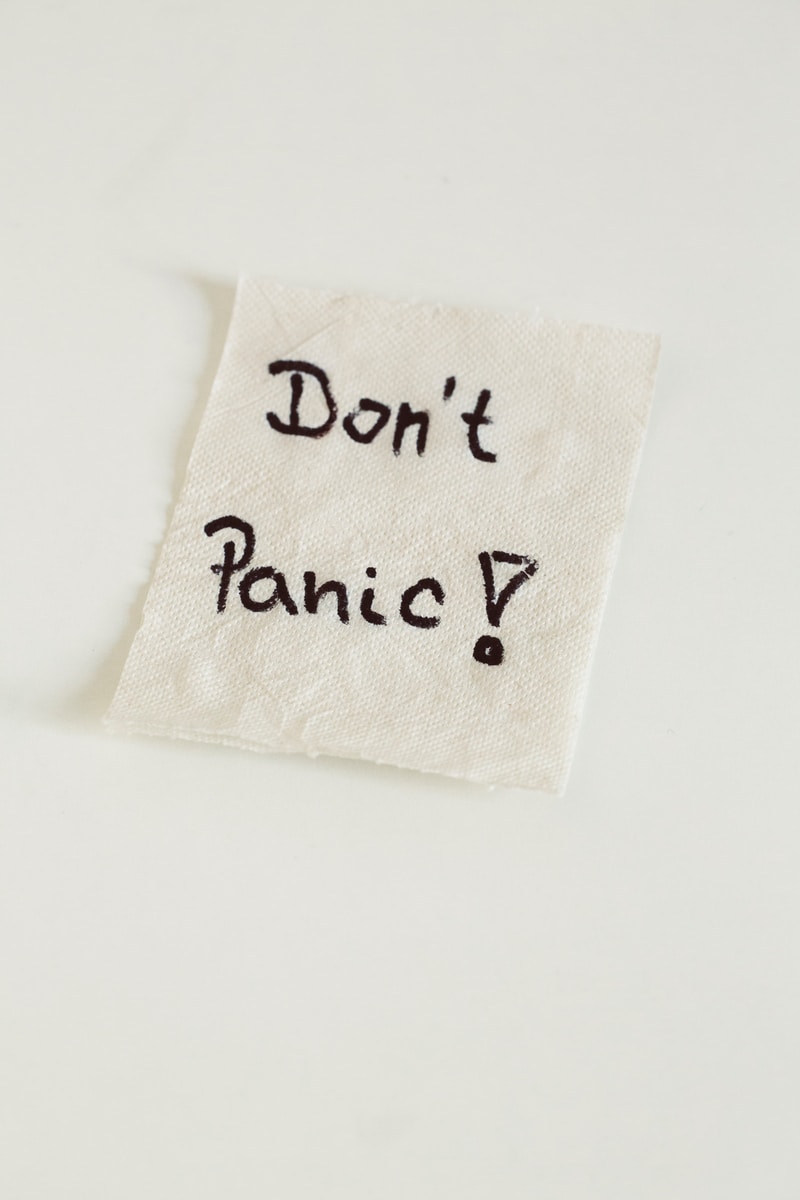There are many situations in which we react to situations and people instead of responding to them?
For example, if your teenager comes to you and tells you they crashed your brand-new car and totaled it, would you react or would you be able to respond? If you get to work and you see someone has rearranged your desk and you cannot find things easily, would you react or respond? What about when your friend tells you that they are moving away, do you respond or react? When your toddler tells you that they colored all over the walls with permanent marker, do you respond or react?
The Danger of Reacting
When we react, especially with children or spouses, it encourages the other person to shut down or not feel like they can tell you when something bad happens because they are worried about “how dad/mom will react.” The way we react has implications on how others view us but also on our well-being. If we react to a loved one it can cause us anxiety, sadness, frustration, overthinking, etc.
Reacting is based off of fear and insecurity and is usually not rational. When you react, your amygdala is being triggered and reacting based on survival instincts. The reaction is generally based off a negative thought pattern that is in our subconscious. The reaction is part of your fight-or-flight response. When you are presented with a situation that is unpleasant your body either fights or runs away. Both are your body reacting.
Learning to Respond
Responding is when you think about the situation and decide what to do based on reason and compassion. When you respond instead of react to a situation you are using the pre-frontal cortex and it is problem solving, weighing the risks and benefits, etc. The pre-frontal cortex is not fully developed until age 25 so this is why children and teenagers often react instead of respond because the problem-solving part of their brain is not fully developed yet.
How Do I Respond in a Healthy Way?
It is important to learn tools on how to respond to others instead of reacting. One of the best ways to learn to respond instead of react is to stop yourself. I know this sounds so simple and silly but it is a great way to not react. When you use thought stopping in a situation that would elicit a negative or big reaction, you are telling your brain to pause. You are giving your brain permission to stop for a moment and think through your emotions, triggers, and the event before you decide to respond. When you practice stopping yourself from reacting and think through a response, you will have a much better outcome. Those around you will also feel more open to sharing things with you because they will not be waiting for a negative reaction and will rather know that you are responding after giving it a proper amount of thought and attention.
Relaxing your body and learning to take deep breaths is a great way to respond and not react. In the moment when your body wants to react, take a few deep breaths or do some tense and release exercises. This will help your body feel more relaxed and more likely to make more logical responses. Also, any form of exercise will help you calm down before responding. Whether it is running, jogging or walking, getting some exercise will help you think about the situation with your pre-frontal cortex and help you respond in a better way.
Another way to make sure you are responding instead of reacting is to be in tune with your emotions. If you are aware of your triggers, your underlying emotions and how things affect you, you will have a much easier time managing your reactions and turning them into appropriate responses. A great way to be in touch with your emotions is to journal your emotions each day or talk about them as a family around the dinner table. In my house, we use an emotions chart and share what our emotions were for the day. In your family, it may be different. However, the more open and aware you are with our emotions, the better you will be at responding thoughtfully rather than reacting emotionally.
In summary, here are the best ways to start responding instead of reacting:
- Stop/pause
- Journal about the event/trigger
- Work to relax your body by taking deep breaths
- Be in-tuned with your emotions
- Go for a run/walk
Of course, meeting with a counselor at the Counseling Center at BCC to identify your triggers and better regulate your emotions is never a bad idea! Also, Here is a great resource on how to respond and not react.


